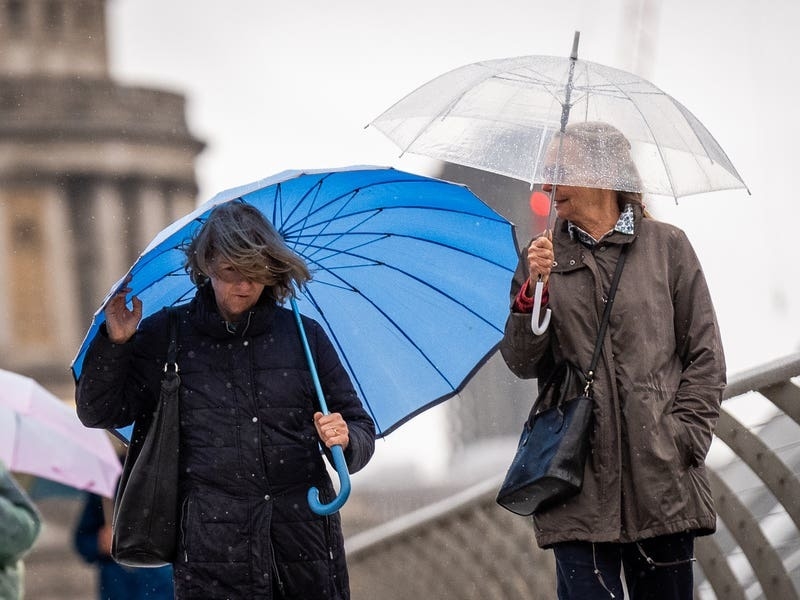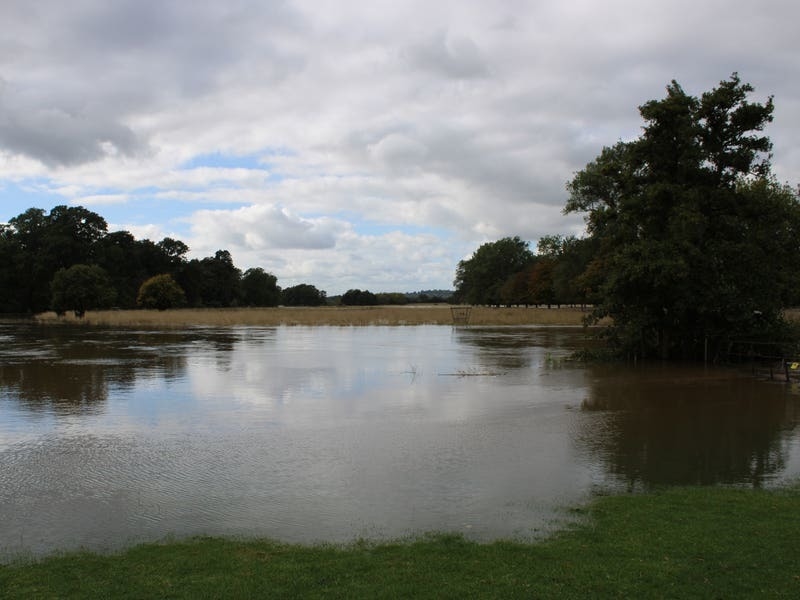
Austin Tice, Syria, Matthew Miller, HTS, President Bashar al-Assad, Hayat Tahrir al-Sham, The United States continues to engage with rebel groups within Syria as part of its efforts to locate Austin Tice, an American journalist who has been missing since 2012, according to State Department spokesperson Matthew Miller. The announcement came during a briefing on Tuesday, as former President Bashar al-Assad’s prisons emptied and more evidence of alleged atrocities emerged. Miller stated, “We do continue to believe that he is alive and we continue to make clear in all of our conversations, either with entities on the ground in Syria or with entities that may be in communication with those on the ground in Syria, that we have no higher priority than the safe return of Austin Tice to his family.
” Finding Austin Tice The U.S. has communicated its goal of finding Tice to Hayat Tahrir al-Sham (HTS), the leading Syrian rebel faction now playing a pivotal role in the transition of power in Damascus.

HTS is led by Abu Mohammad al-Jolani, whose real name is Ahmed Al-Sharaa. “It is a message that we have sent to HTS,” Miller confirmed to reporters. The group has historical roots in Al-Qaeda and is designated as a terrorist organization by both the U.
S. and the European Union. Al-Jolani is also the target of a $10 million U.
S. bounty. Miller emphasized that U.
S. officials have communicated with rebel groups and other parties active in Syria that ensuring Tice’s return is of utmost importance. “We have sent very clearly the message that as they move through Syria liberating prisons, that our top priority is the return of Austin Tice,” he said.
He urged those operating on the ground to be vigilant and assist in returning Tice safely if he is located. Who is Austin Tice? Austin Tice disappeared while covering events in Syria in 2012, reportedly captured at a checkpoint in a contested area west of Damascus. The identity of his captors remains unknown, though U.
S. officials have suggested that Syrian government forces may be holding him. The fall of Assad’s regime has brought new hope for Tice’s recovery.
President Joe Biden expressed optimism on Sunday, stating, “We believe he’s alive. We think we can get him back, but we have no direct evidence of that yet.” In a bid to further incentivize information leading to Tice’s recovery, the State Department increased its reward to $10 million on Monday and announced relocation support for those who assist in finding him.
Roger Carstens, the special presidential envoy for hostage affairs, has been in the Middle East engaging with regional officials to expedite Tice’s return. Miller confirmed this effort on Monday, stressing that the administration remains committed to securing Tice’s freedom as swiftly as possible. Statement From The Parents Marc and Debra Tice, Austin’s parents, made a public appeal for assistance following the recent developments in Syria.
In a statement issued through the Press Freedom Center at the National Press Club, the Tices said, “We are watching the events unfold in Syria and seeing families reunited with their loved ones after years of separation. We know this is possible for our family, too. Austin Tice is alive, in Syria, and it’s time for him to come home.
We are eagerly anticipating seeing Austin walk free.” The collapse of Assad’s control has led to significant developments, including rebel advances that emptied government prisons. This shift, part of an 11-day surprise offensive, brought significant attention to Saydnaya prison, known as the “Human Slaughterhouse” by Amnesty International due to its brutal conditions.
The prison became a focal point for families hoping to reunite with loved ones. Rebel fighters and local residents hurried to release detainees from cells, and the Syrian Civil Defence, known as the White Helmets, reported that claims of underground cells were not true. However, rescuers discovered evidence of the regime’s extensive torture machinery and the remains of prisoners who did not survive the ordeal.
Also Read: Has Russian Military Left Their Key Bases In Syria?.











